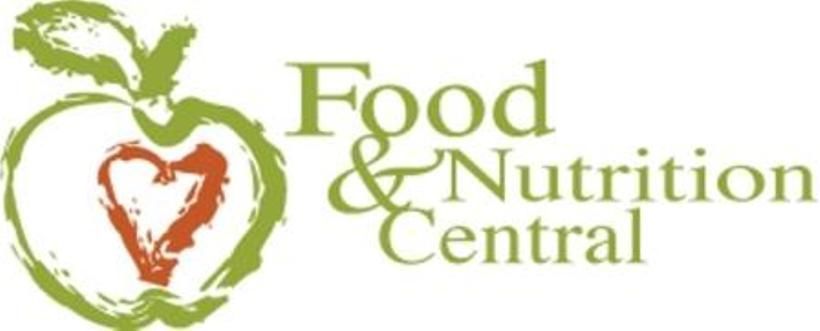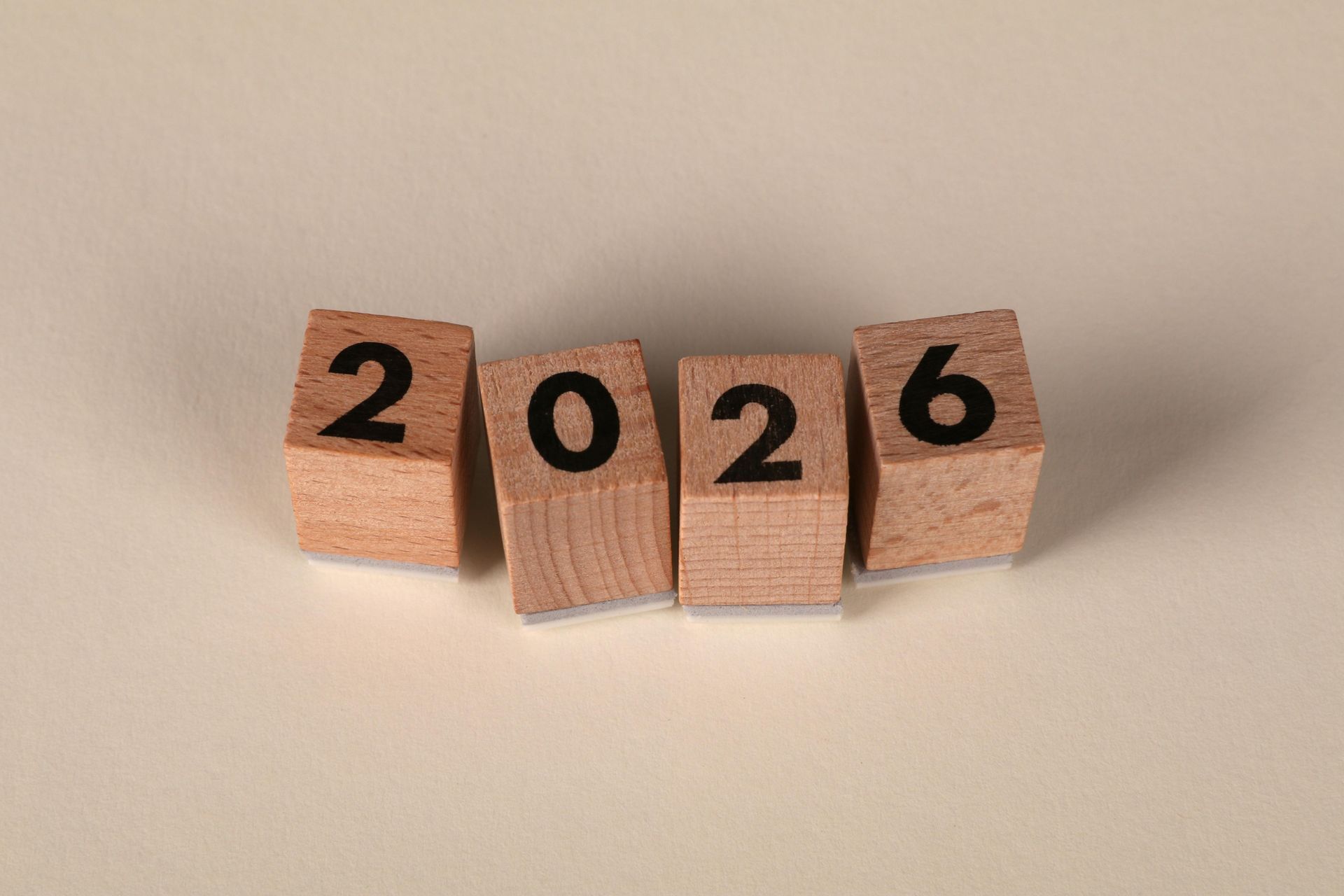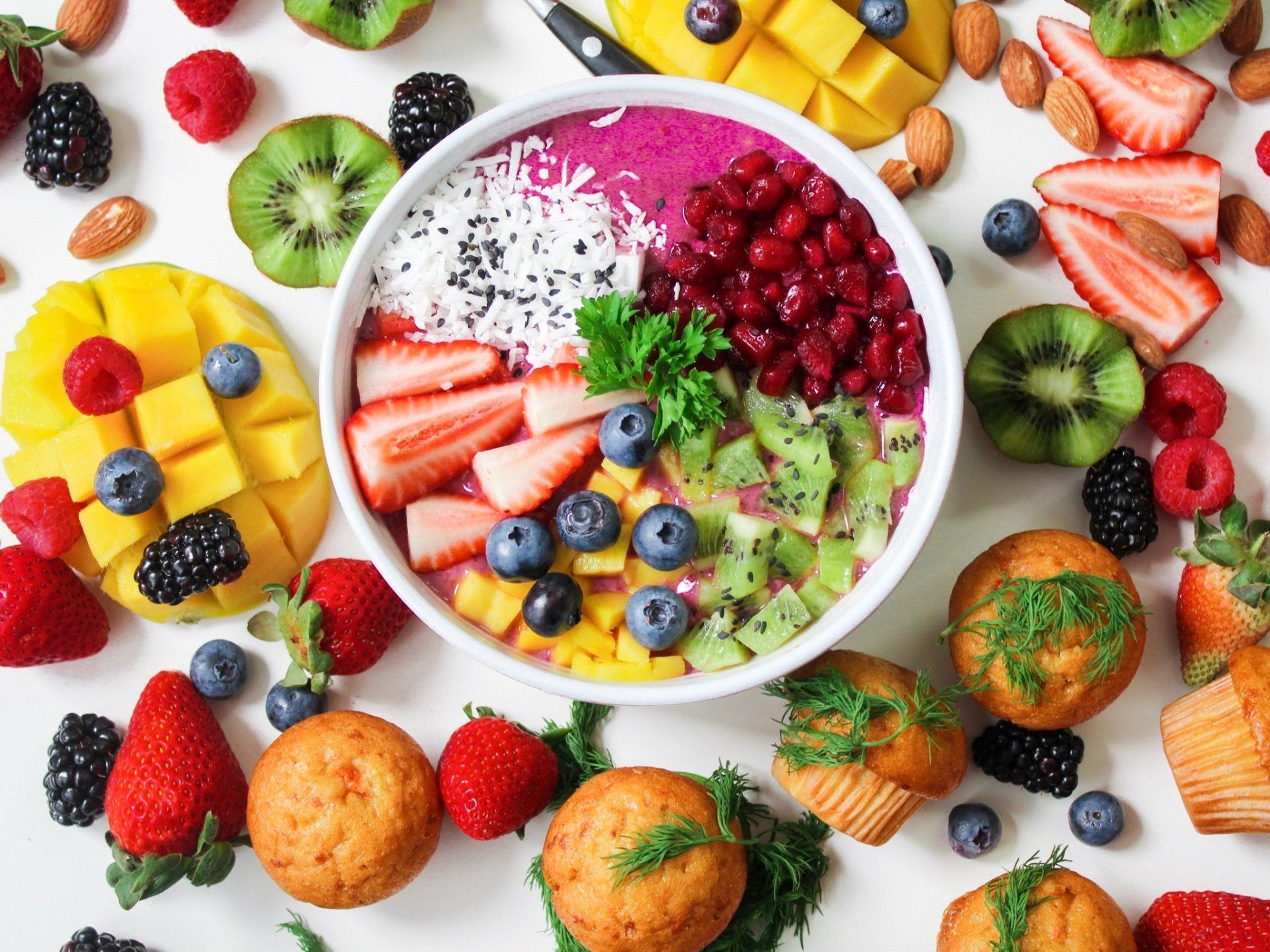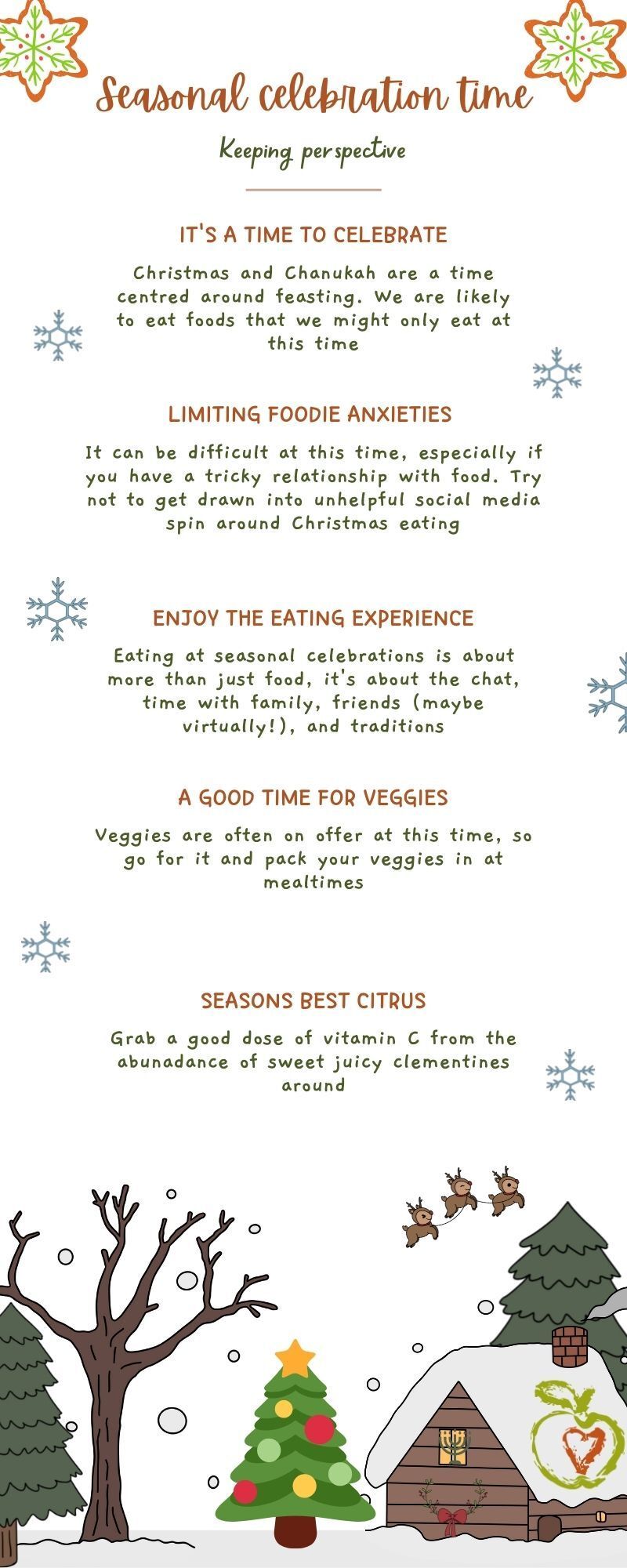New Year, New You, No Thank you
Positive messages around food
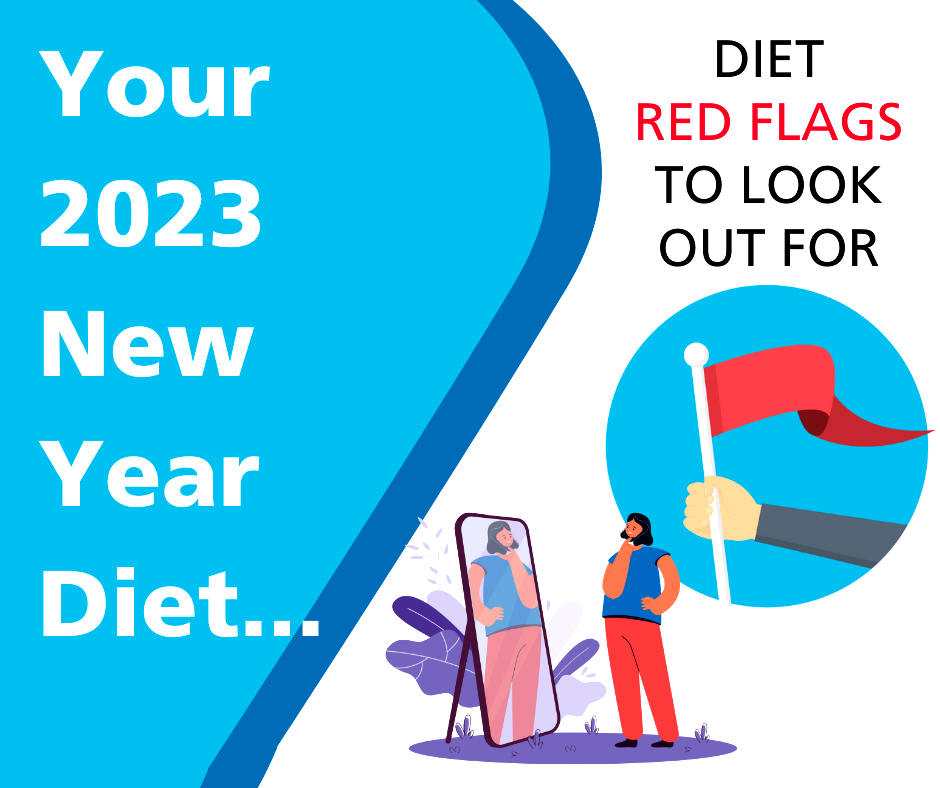
At this time of the year there is always a huge surge in interest around dietary changes. Every newspaper and social media post seems full of them.
However, if you are tempted to embark on the latest too good to be true product or plan, just take a moment and consider the evidence and source of information (i.e who is it coming from and what have they got to gain).
Often these diet "fads" can wreak havoc with our relationship with food, leading to use feeling a failure if we cannot achieve the outcome we feel pressured to conform to. Much more important I believe is keeping a healthy relationship with food.
Trying to make small realistic changes such as eating more fruit and vegetables, taking more fibre, drinking more water etc. will be much more achievable ion the long run.
Any suggestions to cut out food groups or severely restrict intake can do more harm than good.
As a dietitian, of course I am always interested in what is going on around food and as a scientist, I am naturally sceptical, always asking for evidence and seeking the source.
Many adverts will often just cite anecdotal claims which can of course be very convincing. Just take a moment to think though, it "worked" for this one person, does that necessarily mean it will work for you? When it comes to evidence, anecdotal evidence is pretty low down the list. We need many studies, randomised controlled trials and meta-analysis (analysing many robust trials) to make sustantiated claims.
There are some red flags that you need to look out for:
- They offer a magic bullet to lose weight without making any changes - Really?
- They promise rapid weight loss - will tend to be fluid or could be a severe restriction
- They talk Detox - you (hopefully) have healthy kidneys and liver which do this very well
- They sell you expensive supplements - you will simply lose £££
- They severely limit the foods you can eat - you will not get all the nutrients you need to stay healthy
Dietitians train for many years and are closely regulated, only using sound evidence, so if you see these red flags on the latest diet, say New Year, New You....NO Thank you



